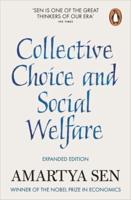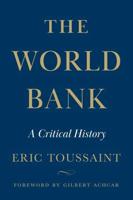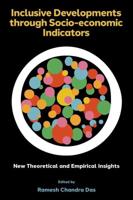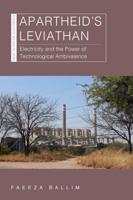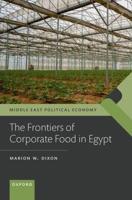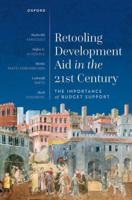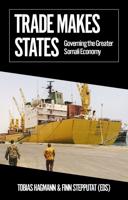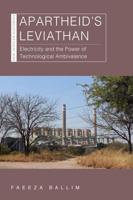Publisher's Synopsis
The Economic Paper series is designed to bring to public attention crucial economic issues which are of concern to developing countries. In recent years the series has examined issues such as the instability of capital flows, the position of small states in the global economy, the implications of new trade agreements, agriculture and food security, money laundering and the reform of global financial arrangements. The publications are readable and aimed at academics, policymakers, students and people with a general interest in understanding these topical issues. This publication is an analysis of negotiations concerning the temporary movement of workers from developing to developed economies, taking place under the auspices of the GATS negotiations which cover the trade in commercial services. It focuses on the temporary movement of unskilled and semi-skilled workers and considers the benefits of easing the restrictions on temporary movement of labour. The main theme underlying the paper is the mutual benefit to both developed and developing countries in permitting a temporary movement of workers in these categories. In the next 20 years developed economies will experience an increasing shortage of labour at the lower end of the labour market due to an ageing population and a more educated workforce. The Paper constructs a model to analyse the effects of easing the restrictions and its impact on the labour market in developed countries and details some proposals which developing countries should use in Service Negotiations. This paper is particularly useful for policy-makers (in both developed and developing countries) who are involved in formulating policy for the employment and immigration fields. It is also of interest to students and academics.

